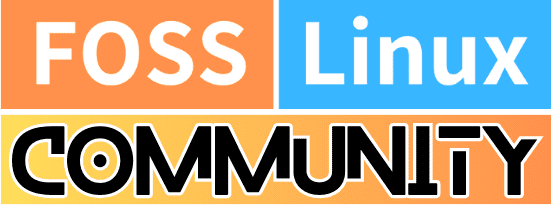If you're a Windows user considering making the move to Linux, there are a few things you should be aware of. While the prospect of exploring a new operating system can be exciting, there are also some challenges and adjustments that you'll need to make. I want to keep the article quick and simple, so here's what you can expect as you transition from Windows to Linux.
The freedom of choice can be overwhelming
Linux isn't just one operating system; it's a whole galaxy of distributions (distros) like Ubuntu, Fedora, and Mint, each with its unique flavor and quirks. This diversity is a double-edged sword. On one hand, it's liberating to pick a distro that resonates with your ethos or needs. On the other, it can be downright bewildering. I've hopped from one distro to another, relishing the variety but sometimes yearning for the simplicity of Windows' one-size-fits-all approach.
Command line: The heart of Linux
If you're cozy in the GUI-centric world of Windows, the command-line interface (CLI) of Linux might seem like stepping back in time. But here's the kicker: the CLI is a powerhouse of efficiency and control once you get the hang of it. It can be intimidating, I won't lie. I remember my first "sudo apt-get update" feeling like a leap of faith. But the sense of accomplishment when you start wielding commands is unparalleled.
Transitioning from Windows to Linux doesn't mean you need to become a command line guru overnight. Modern Linux distributions are designed with user-friendliness in mind, boasting intuitive graphical user interfaces (GUIs) that rival the look and feel of Windows. From software installation to system settings, you can navigate the Linux landscape using graphical tools without ever touching the command line. While the terminal remains a powerful aspect of Linux, it's more of an optional tool for those who wish to explore deeper.
Software compatibility: A mixed bag
One of the biggest adjustments for me was navigating the software ecosystem. Many mainstream applications, especially proprietary ones, might not have Linux versions. However, the open-source community often provides worthy alternatives. For instance, LibreOffice has been a decent stand-in for Microsoft Office, though I sometimes miss the latter's polish. And while gaming on Linux has made leaps and bounds, especially with initiatives like Proton, it still lags behind Windows.
Hardware compatibility: Not always plug-and-play
Linux has come a long way in hardware support, but it's not perfect. I've had my share of hair-pulling moments with printer drivers and Wi-Fi adapters. The lesson here? Research your hardware's Linux compatibility beforehand. It's a small step that can save you a ton of frustration.
Community support: Your new best friend
The Linux community is a treasure trove of knowledge and generally eager to help. Forums (like us) and wikis are your allies. However, the expectation is that you've done your homework before reaching out. "RTFM" (Read The Fine Manual) might as well be the community's unofficial motto. It's a stark contrast to the more spoon-fed assistance you might be used to with Windows.
Don't be scared to dive into Linux, even though it can seem daunting. It's like an adventure with ups and downs that comes with its own set of challenges and rewards. Whether you're just curious, want more control over your computer, or are into open-source software, the Linux community is happy to welcome you. Keep in mind that it's not about ditching Windows, but rather expanding your knowledge and exploring new things. So go for it and have fun on this exciting journey!
Are you someone who has recently made the switch from Windows to Linux or vice versa? If so, we would love to hear your thoughts and insights. Your feedback could be incredibly valuable for the FOSS Linux Community, so don't hesitate to share your experience with all of us!
